Oil, poverty, Bitcoin: how the economy of Venezuela collapsed and what it led to
Venezuela is now passing through the stage when the veil of sweet socialism was asleep, revealing the gigantic problems in which the country was embroiled by the regime of Hugo Chávez and Nicolas Maduro who replaced him.
Oil-rich Venezuela — 16% of the world's reserves — is unable to pay its debt obligations. The population is starving, the local Bolivar is worth nothing, and flourishing is observed only in the “branches” of drug trafficking and smuggling with neighboring republics.
It is not surprising that the capital Caracas, according to the latest statistics, heads the top five most dangerous cities in the world.
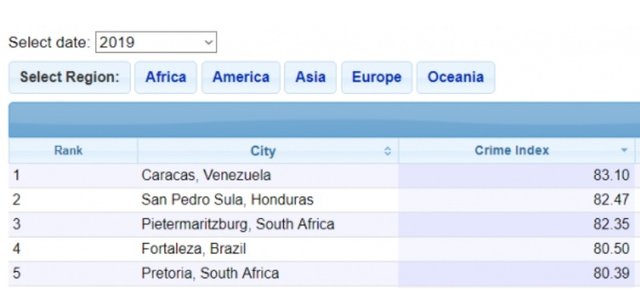
Locals have their own sights: a mansion in which the drug lord's family lives, an alley where they had to fight off an armed robber, an area where a fellow student had shot the foot during a rally.
Armed guardsmen are on duty around the clock, walking along the houses, twined with barbed wire. Fear for the last property seems to be soaked with air.
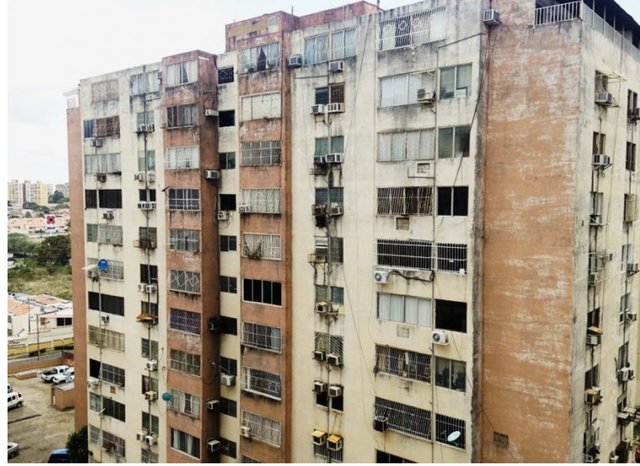
Chavez’s course suggested preferences for the poor in the country in the form of free education, medicine, housing distribution and the introduction of a “fair” price regime - that is, undervalued without any logic, forcing entrepreneurs to adjust to government orders
This demotivated the business to produce basic goods and provoked a huge black market in Venezuela. “Fair prices” goods began to be bought by corrupt officials and exported to neighboring Colombia.
Another policy direction of Hugo Chávez has been the expropriation of assets: first from the elite and oil companies, then from small and medium businesses. Control over oil prices is established, the cost of a liter of motor fuel for the next 20 years is frozen at $ 0.03 - cheaper than a bottle of mineral water.
In 2002, believing that PDVSA had become too independent, Chavez dispersed the company's management, replacing it with his supporters, of course, unqualified, and dismissed 19,000 workers who rebelled against change. The new PDVSA managers do not hesitate to launder money through purchases and withdraw currency from the company's accounts to the black market.
During the economic downturn in 2003, Chavez introduced currency control, setting three official exchange rates for the population, for the import of essential goods, and also for the rest of the imported goods. Individuals who do not plan to travel abroad are prohibited from purchasing currency. All this caused the growth of the black market and led to a fourfold gap between the real and the official rate of the bolivar.
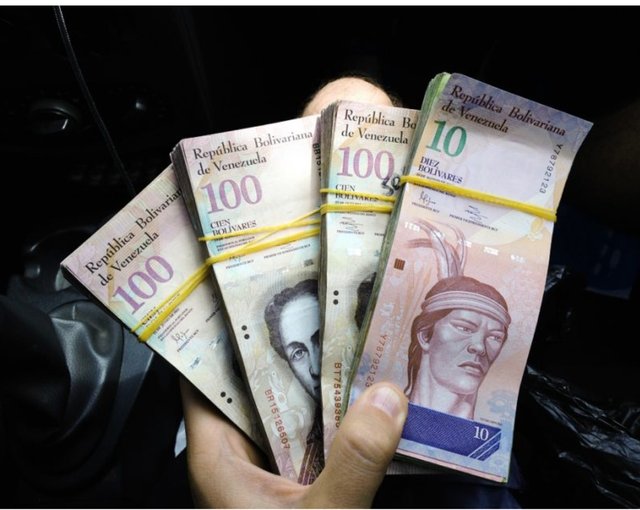
In 2007, in order to get rid of competitors in the oil market, Chavez decides to take away assets from major workers in the country. For example, Statoil, Chevron, BP and Total transfer their controlling stakes to the state. And refusing unfavorable conditions, ExxonMobil and Conoco Philips cease their business in the country.
As a result, part of the oil-producing rigs was abandoned, production volumes fell, while its cost was constantly growing. However, the collapse in oil prices during 2008–2009 forced the Venezuelan government into debt to secure future oil revenues. Loans they gave willingly - the financial condition of the country was assessed as stable.
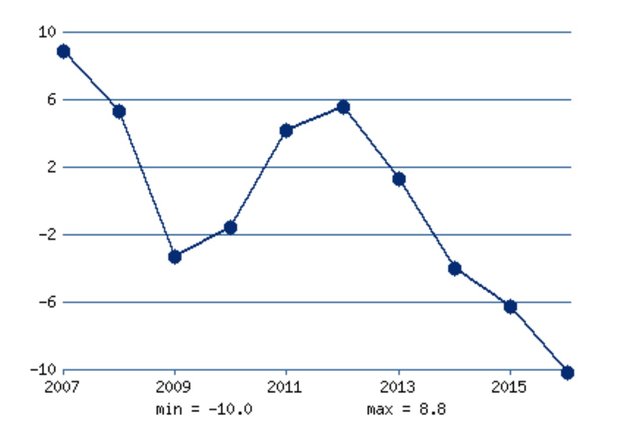
Despite this, since the beginning of the 2010s, Venezuela’s budget deficit has been consistently above 10% of GDP. The hole was plugged with emissions, which, in turn, led to inflation. By the end of Hugo Chávez’s reign, in 2013, it was 50%. By that time, external debt rose to $ 150 billion (70% of GDP), including PDVSA debt - $ 40 billion.
After the death of Chavez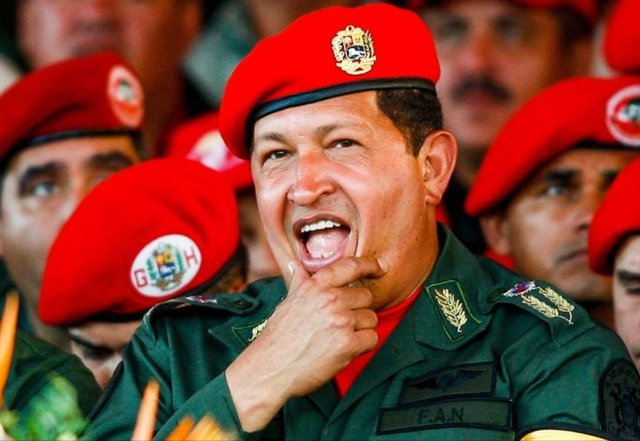
the presidency of Venezuela after the election was taken by his successor and former bodyguard Nicolas Maduro. Claiming that corruption, sabotage and speculation are to blame for all the troubles of Venezuela, he began with a prescriptive price cut and the direct nationalization of large retail chains.
Subscribe not to miss anything
Congratulations @tregub! You have completed the following achievement on the Steem blockchain and have been rewarded with new badge(s) :
You can view your badges on your Steem Board and compare to others on the Steem Ranking
If you no longer want to receive notifications, reply to this comment with the word
STOPTo support your work, I also upvoted your post!
Do not miss the last post from @steemitboard: